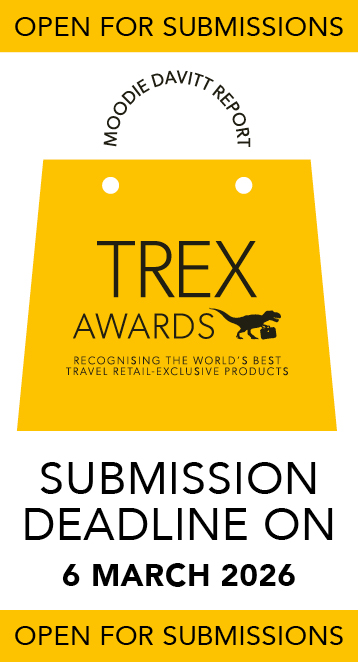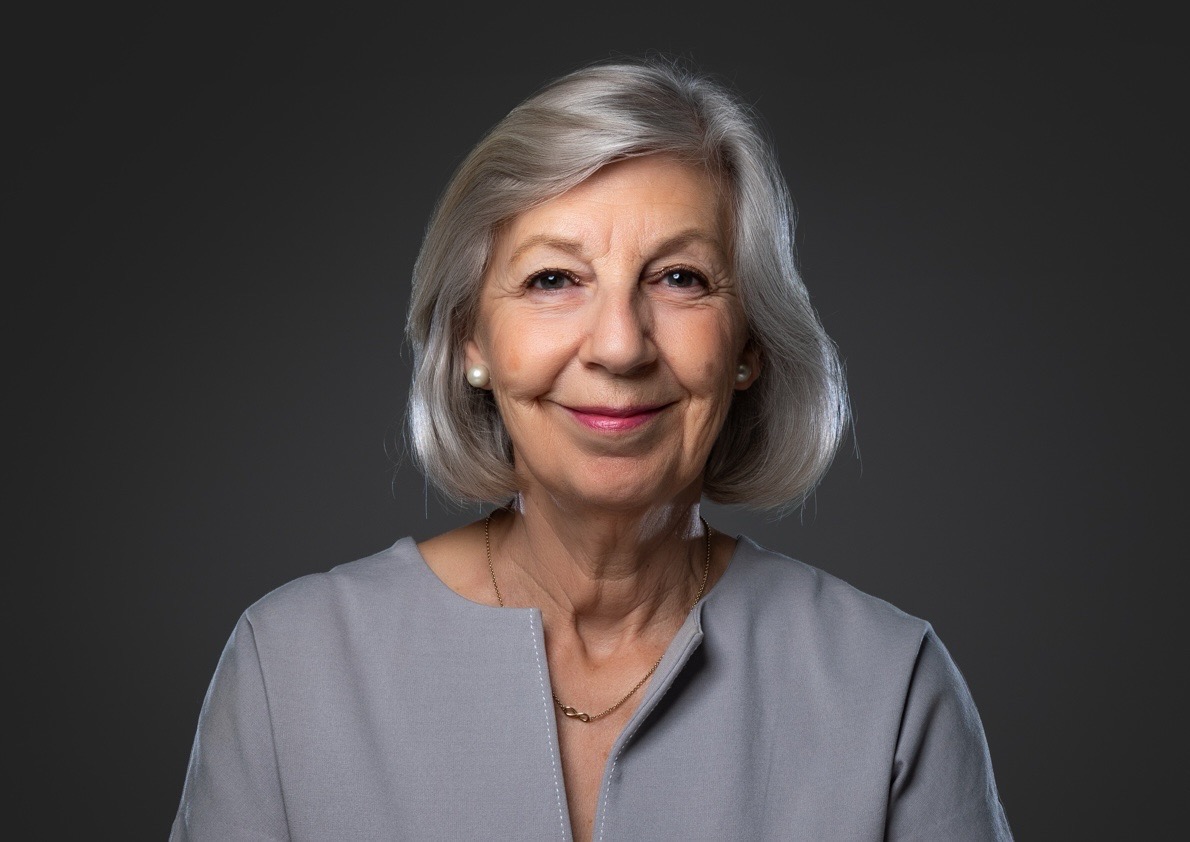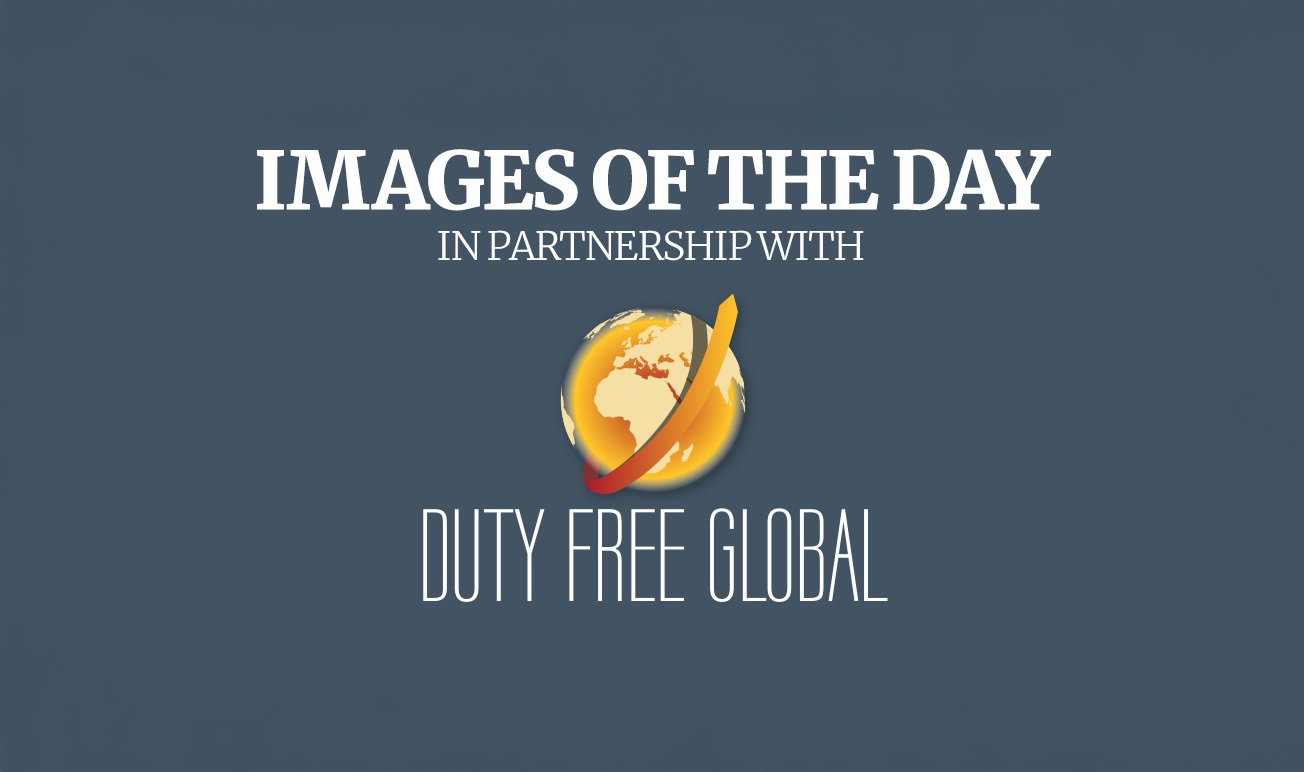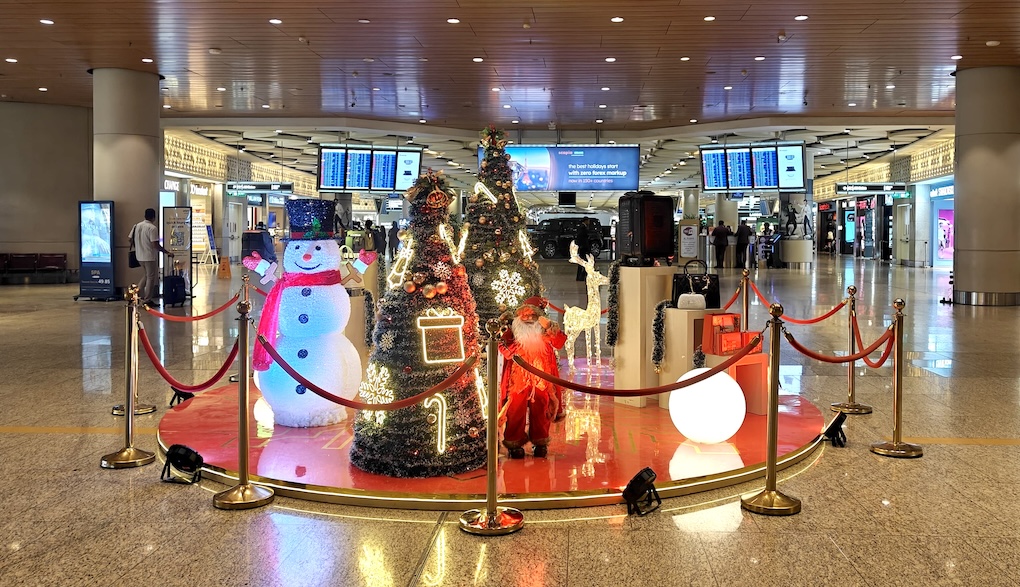CANADA. Developing government relations, ensuring a consistent store licensing system and building a sustainable future for the annual convention are the key issues facing the new Board of the Frontier Duty Free Association (FDFA). That’s according to incoming FDFA President Abe Taqtaq and Executive Director Laurie Karson, speaking to The Moodie Davitt Report at the association’s event in Toronto.
As reported on Monday, the new board elected to govern the FDFA through to 2018 includes:
Abe Taqtaq, President (Windsor-Detroit Tunnel Duty Free)
Tania Lee, Vice President (Blue Water Bridge Duty Free)
Simon Resch, Treasurer (DFS Ventures/Emerson Duty Free)
Cam Bissonnette, Secretary (Osoyoos & Kingsgate Duty Free)
Philippe Bachand, Director (Boutique Hors Taxes de Philipsburg)
The key regulatory issue today is the licensing system for land border duty free stores, which is the subject of a fresh review by government.

Karson said: “Regulation D432 is the licensing system for our programme. The land border stores have various ownership agreements. Some operators rent from bridges and tunnels, some own their land outright, some rent from the Canadian Border Services Agency (CBSA), others are on Indian land.
“D432 governs the leasing arrangements and the government is looking at the historical and future processes around licensing. In the past the government always handled new RFPs, and the landlord would then work with the licensee. But recently at Peace Bridge, the bridge authority ran their own RFP, won ultimately by the incumbent.
“That may have set a precedent and the question will be whether other landlords can do their own RFPs? It has created some uncertainty. The government is examining the process now and we’ll see what the outcome will be.”
Taqtaq said: “The Peace Bridge RFP opened up a lot of questions and highlighted inconsistencies in how an RFP for a duty free licence should be conducted. Regulation D432 dictates that any new licensees should be chosen by open application through the federal government, which in this case didn’t happen.
“As an association we are firm advocates of the view that the landlord-driven model is not the best model for our business. We have always opposed a system where the landlord controls who operates the shop; otherwise you end up with a bidding war and an airport-style system. That has an impact on the business and on the customer and it’s not a trend we want to see. We are making our case to the CBSA and would like to see the integrity of the established system protected.”
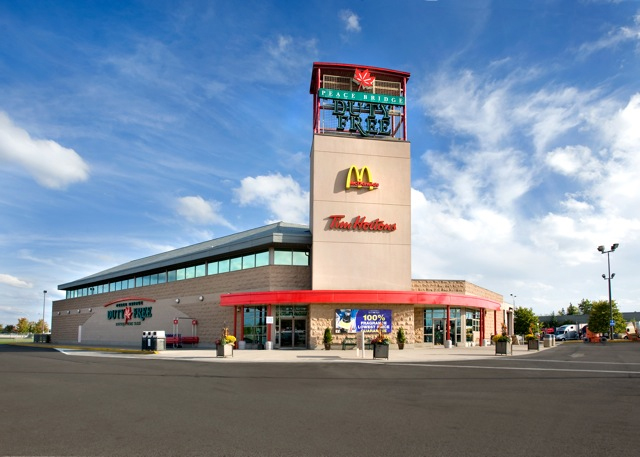
Licensing could be thrust into the spotlight with a new border crossing – and potentially a duty free licence becoming available – in Ontario in the next four to five years. The Gordie Howe International Bridge at the Windsor-Detroit border is slated for completion around 2020. The existing land crossing is the busiest commercial border point between the USA and Canada, handling 31% of all truck traffic between the countries. Any new licence on the six-lane bridge would be hotly contested.
A Windsor-Detroit Bridge Authority spokesman told The Moodie Davitt Report that “no decision has been made at this time regarding duty free shopping facilities” at the location, though government has informed the FDFA that a duty free store is a possibility.
Karson said: “The infrastructure is being built now. It’s not clear yet if there will be a store at this location but it is possible, we are told. If it happens, the outcome of the government’s deliberations and review will be taken into account for any RFP.
“The government is consulting with us. They are planning on completing their review in the next six months. FOR FDFA, the Government Relations Committee will lead our approach on this issue.”
Beyond licensing, establishing strong relations with the new Canadian government and its representatives is a key task, noted Taqtaq.
“If we’re not on the same page as our regulator and our licensing body it becomes very difficult. Maintaining our positive dialogue with the CBSA is valuable for the health of our industry. Connecting with the new government takes work, but that will be a focus for the Board.”
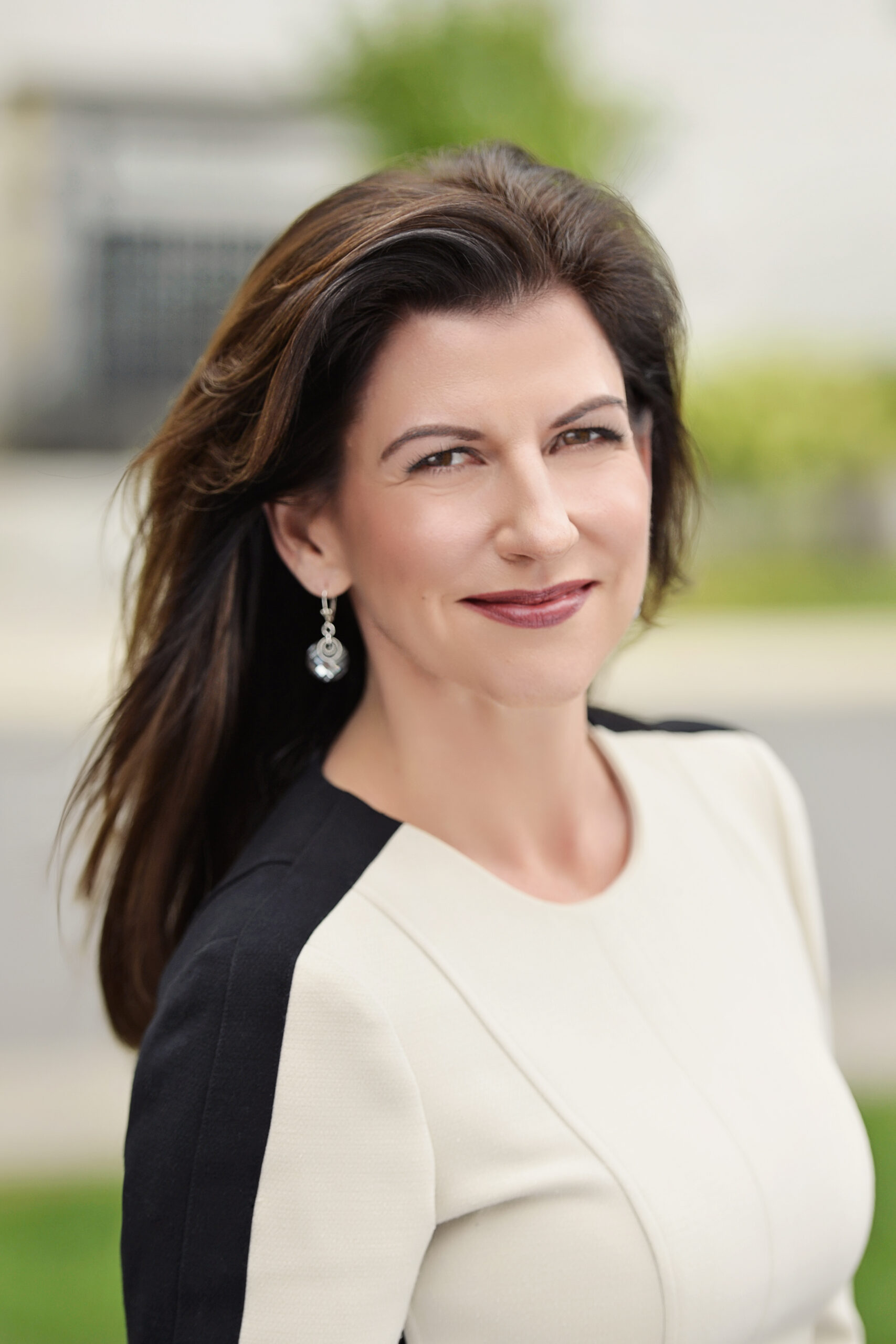
The future of the FDFA show is also high on the Board’s agenda, with a strategic review beginning now.
Taqtaq said: “We’ve got some significant work ahead on the convention and the board will focus a lot of effort on that. I’m looking forward to taking a fresh look at our convention. For me it is an important showcase for our industry. It shows our suppliers and government the role we play for them and for the economy.”
On the evolution of the event, Karson said: “It’s clear that the landscape has changed. We have to change accordingly.”
As we noted in our story earlier this week, key elements to be reviewed include:
*How to deliver better value for retailers and suppliers from the meetings, ensuring suppliers’ time is used efficiently
*Allowing more of the country’s liquor boards to formally attend
*How sponsorships will look in future; tobacco companies are a traditional and continuing source of support for the show; a concern is how sponsorships can be made sustainable when the show is reliant on one under-threat category
*The question of best to use the trade floor when most big brands use suites
*How to attract new suppliers
*Developing a conference or workshop element
*Assessing the Gold Standard Awards programme
*Ensuring the Convention is better marketed
*Deciding on location; Toronto generally attracts the highest attendances.
Karson noted: “There are many issues. On the one hand we don’t have the big distribution companies bringing in as many brands any more; on the other hand we have demand from the liquor boards to meet suppliers. It’s a good opportunity to see everyone in one place.
“Does a supplier need to present their new products in 30 meetings or is there a more efficient way to use their time? Could they present to everyone and then discuss the merchandising with the individual operators? Could we make more use of working panels, inviting key decision makers to tackle issues in liquor or tobacco? That could be of real value to the operators.
“We’ll need to make decisions in the next four to five months. We already have a contract for next year’s show in Montreal, so if we have to change our plans we need to know well in advance. We could start making some changes in 2017 and then more in 2018.”
Asked whether FDFA members would benefit from being part of an enlarged Americas event combining the IAADFS and ASUTIL shows, Taqtaq said: “We will look at every aspect of the show. Nothing is off the table. It is too early to say and it would be remiss of us if we didn’t look at everything.
“We have always had good relations with IAADFS and are speaking with them. But we need to protect the interests of the Canadian land border operators. However, if other opportunities present themselves that help us do that, we will look at them.”
Karson said: “We want to go forward in a positive way. We want to strategically look at our convention and establish our key goals. It is an evolution, and we should recognise that change is not always a bad thing.”
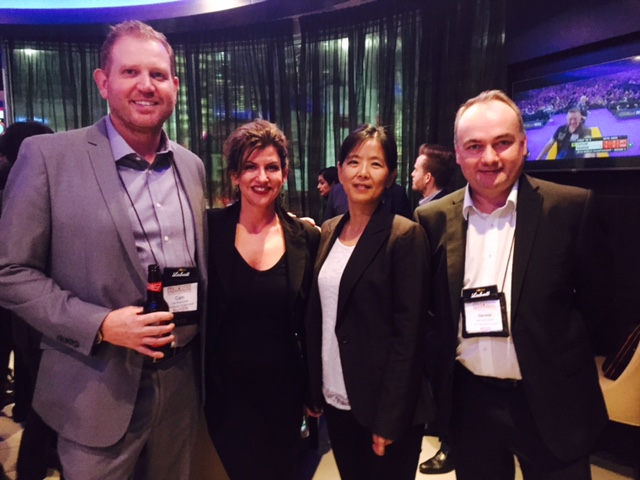

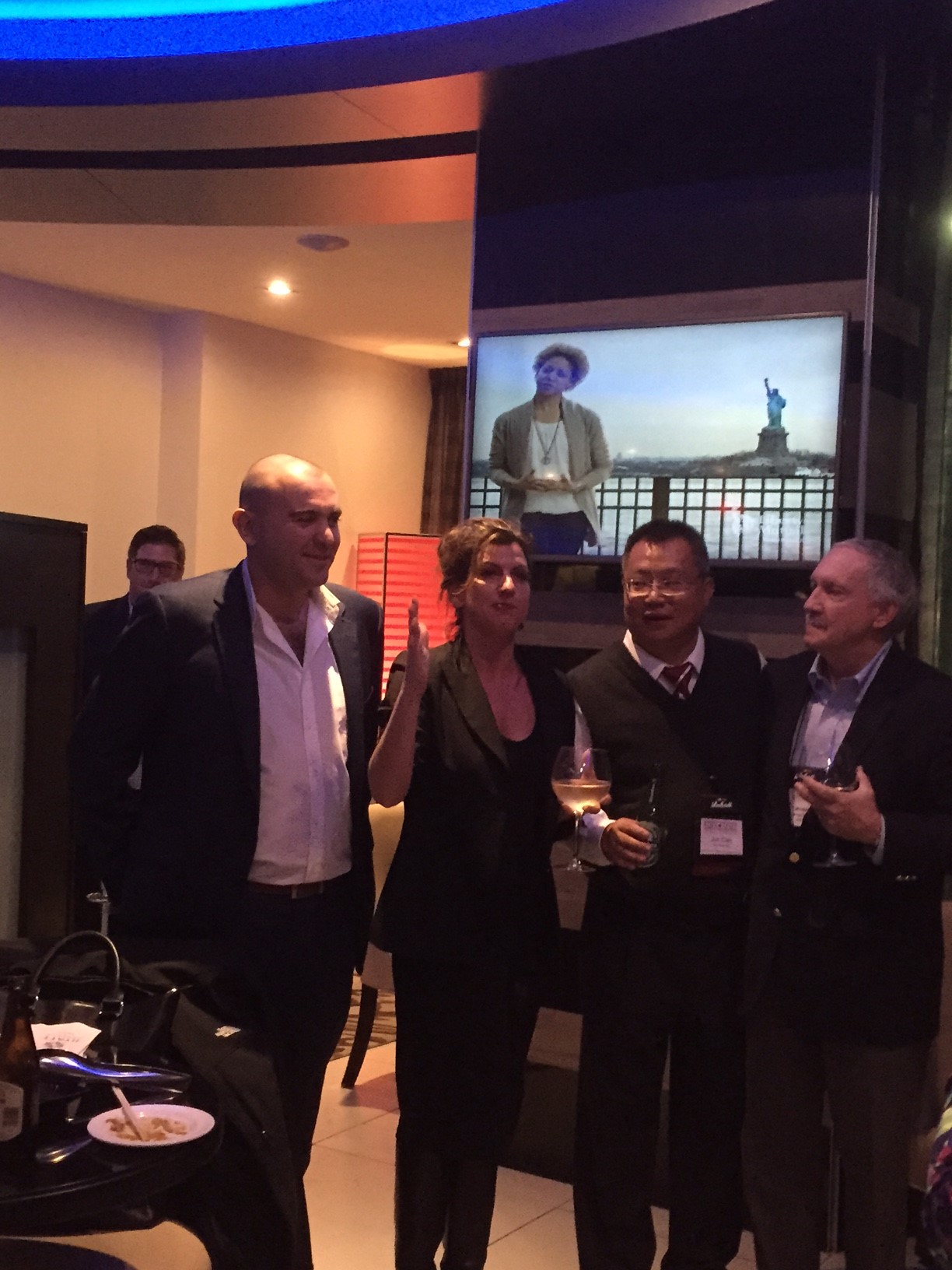

*We’ll bring you more from the FDFA show soon, including the latest developments from some of Canada’s biggest land border duty free retailers.







